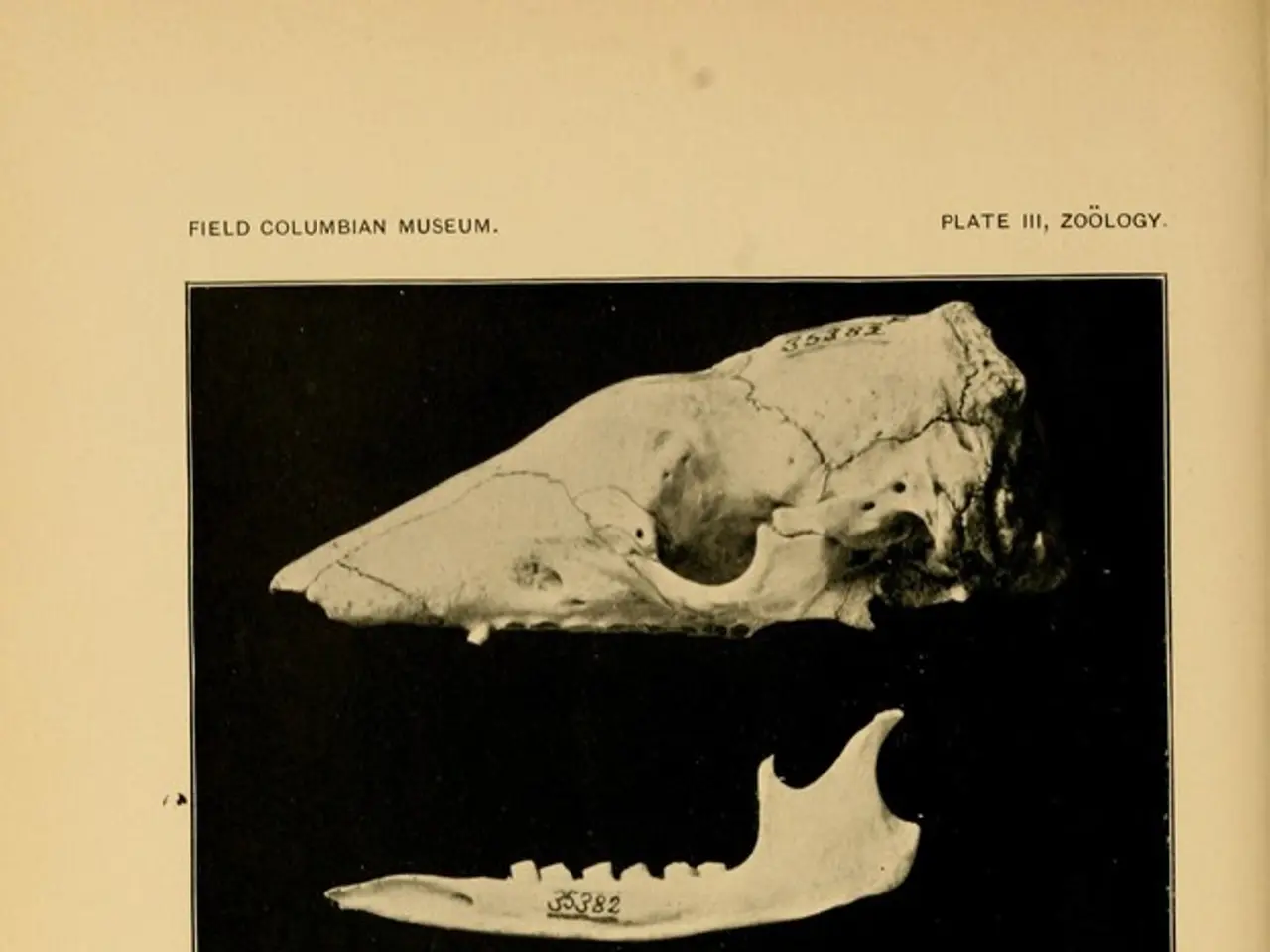Intestinal complications post-surgery: Symptoms, reasons, and additional information regarding Low Anterior Resection Syndrome (LARS)
Managing Low Anterior Resection Syndrome: A Comprehensive Approach
Low Anterior Resection Syndrome (LARS) is a common long-term complication that can occur after low anterior resection surgery for rectal cancer. This condition is characterised by symptoms such as fecal incontinence, urgency, increased frequency, altered stool consistency, and emptying difficulties, which can significantly impact a person's quality of life[1][2][5].
Symptoms and Diagnosis
To be diagnosed with LARS, a person must display at least one symptom and experience at least one of the effects such as preoccupation with bowel function, dissatisfaction with bowels, or toilet dependence[6].
Long-term Effects of LARS
Persistent bowel dysfunction encompassing incontinence, urgency, frequent bowel movements, and unpredictable bowel habits is a common long-term effect of LARS. Additionally, psychological distress and social limitations due to symptoms are also common[1][2][5]. Some patients may experience ongoing dependency on toileting and dissatisfaction with bowel function. Bladder function may also be affected, leading to urinary urgency or incontinence[1][2][5].
Potential Solutions and Management Strategies
- Transanal Irrigation (TAI): TAI has shown sustained benefits in symptom improvement for over 5 years, with high patient satisfaction in managing LARS[3]. It involves regular irrigation of the rectum to help control bowel emptying.
- Pelvic Floor Rehabilitation (PFR): Exercises and training to strengthen pelvic floor muscles may improve continence and bowel control[1].
- Neuromodulation therapies: Sacral nerve stimulation (SNS) or posterior tibial nerve stimulation (PTNS) are options for patients with predominant fecal incontinence or those not responding adequately to conservative treatments[1].
- Dietary and lifestyle modifications: Adjusting diet to manage stool consistency and frequency can help; avoiding irritants and ensuring adequate fiber intake may improve symptoms over time[4][5]. Studies suggest that oils, poultry, and livestock such as beef, when consumed in certain amounts, may improve symptoms within 6 months after surgery[7].
- Surgical techniques and recovery considerations: Use of sphincter-preserving surgeries like low anterior resection aims to avoid permanent colostomy but inherently carries risks of LARS. Recovery and symptom resolution can occur gradually over months[4].
- Continued monitoring and supportive care: As symptoms can persist or fluctuate, ongoing assessment and tailored management by colorectal specialists are important.
Factors Leading to the Development of LARS
Factors that may lead to the development of LARS include internal anal sphincter dysfunction, disappearance of the rectoanal inhibitory reflex, decrease in anal canal sensation, reduction in rectal reservoir capacity and compliance, disruption in local reflexes between the anus and the neorectum[8].
Impact on Quality of Life
LARS can negatively affect a person's quality of life in several ways, including sexual and other forms of intimacy, mental health and emotional well-being, and daily or social activities due to bowel dysfunction. Complications of a low anterior resection can involve issues with sexual health, defecation, and bladder dysfunction. LARS can last for up to 18 months following surgery[9].
Alcohol Consumption and LARS
Alcohol consumption before surgery may negatively affect outcomes at 6 months due to changes it can cause to the biodiversity of intestinal flora[10].
Current Treatments for LARS
A 2022 study reveals that current treatments for LARS are not based on clinical evidence[11].
In conclusion, LARS is a challenging long-term syndrome post low anterior resection surgery but can be effectively managed through a combination of transanal irrigation, pelvic floor therapy, nerve stimulation, dietary changes, and supportive care. Early and individualized treatment improves quality of life for affected patients[1][3].
- In the field of oncology, colorectal cancer often necessitates low anterior resection surgery, which carries the risk of developing Low Anterior Respiration Syndrome (LARS).
- LARS is a chronic disease that can significantly impact an individual's digestive health, leading to symptoms such as fecal incontinence and emptying difficulties.
- Diagnosis of LARS requires exhibiting at least one symptom and experiencing at least one effect like preoccupation with bowel function.
- The long-term effects of LARS can include psychological distress, social limitations, and even urinary issues due to bladder function disruption.
- Potential solutions for managing LARS include Transanal Irrigation (TAI), Pelvic Floor Rehabilitation (PFR), neuromodulation therapies, dietary and lifestyle modifications, and surgical techniques.
- In the realm of workplace-wellness, educating employees about chronic diseases like LARS can lead to early detection, better treatment, and improved health-and-wellness.
- Nutrition plays a crucial role in managing LARS, with certain foods like oils, poultry, and livestock potentially improving symptoms over time.
- The development of LARS can be influenced by factors such as internal anal sphincter dysfunction and decrease in anal canal sensation.
- Disregarding mental-health aspects can exacerbate the impact of LARS on a person's quality of life, as it extends to sexual and other forms of intimacy, emotional well-being, and daily activities.
- Skin-conditions, hearing, and eye-health may not seem directly related to LARS, but they are essential components of overall health, making fitness-and-exercise, skin-care, and regular medical check-ups for these conditions crucial for patients with LARS.




